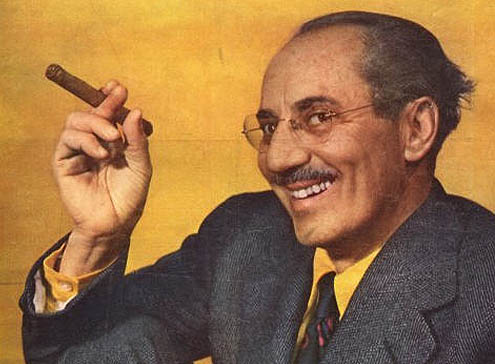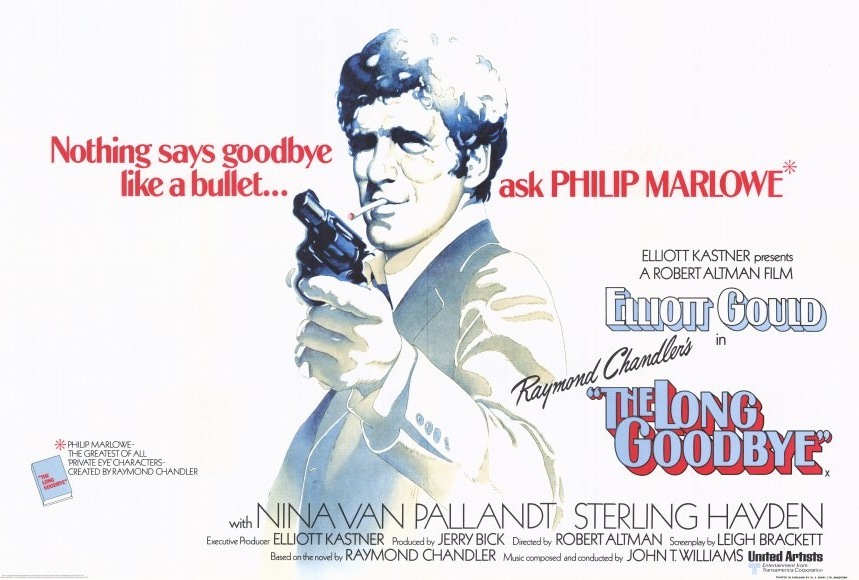
Nicholas Ray
Nicholas Ray Movie Reviews
No reviews found.
Blog Posts That Mention Nicholas Ray

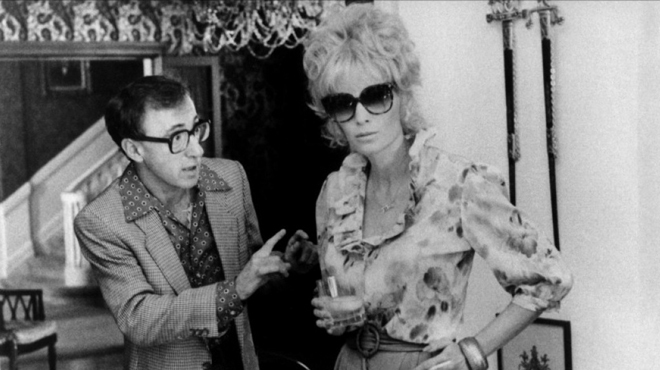
Blu-ray Consumer Guide: May 2014
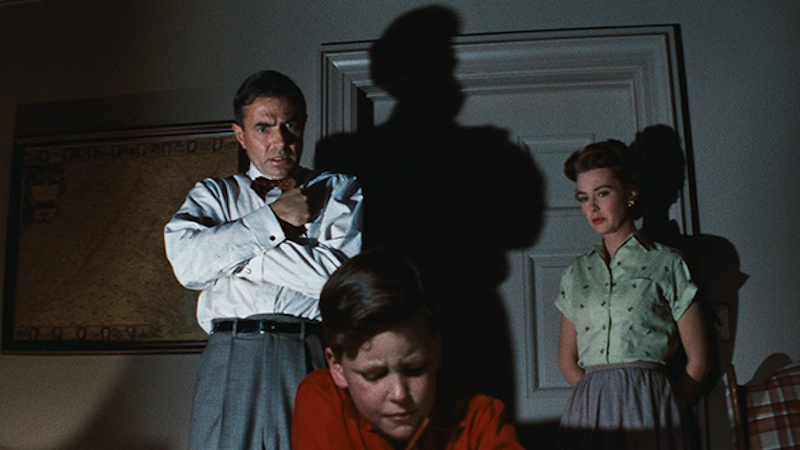
Thumbnails 10/7/16

Odds and Ends Beginnings for 2007

TIFF 2007: The Coens = the essence of movies

Coming to a bad end
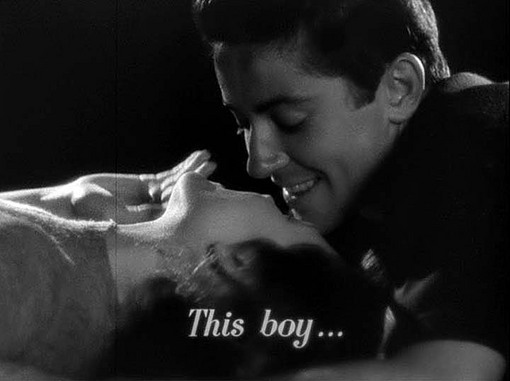
Opening Shots: They Live By Night
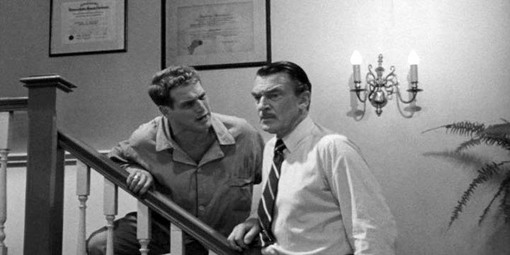
On “The Rack” with Paul Newman and Stewart Stern

Cannes #1: On a darkling plain
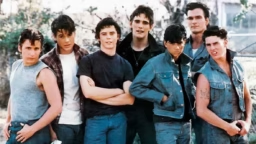
Right Now, It’s Important: An Ode to S.E. Hinton’s Teenagers

The Tarantino Dozen
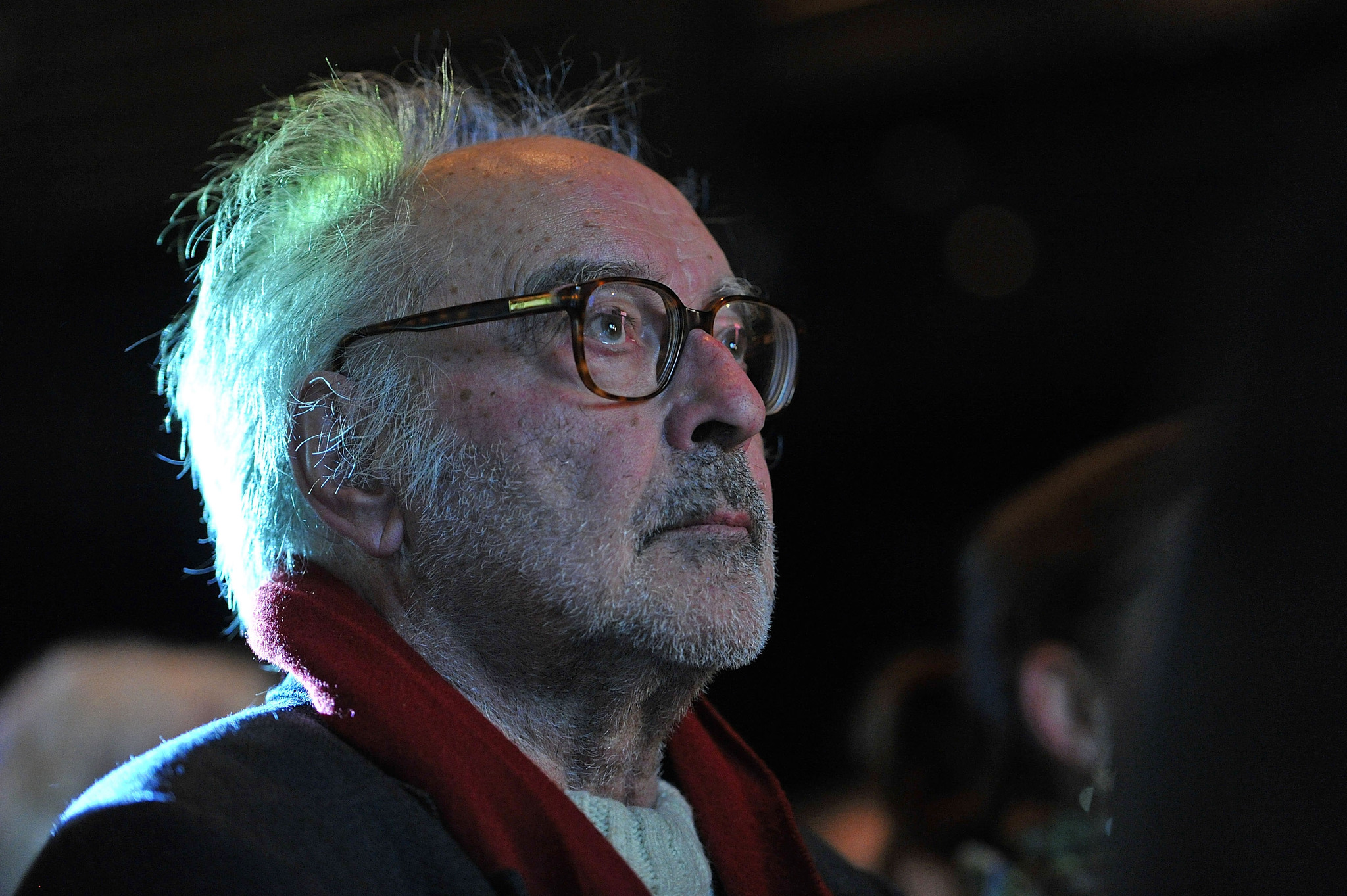
Image is Happiness: Jean-Luc Godard (1930-2022)
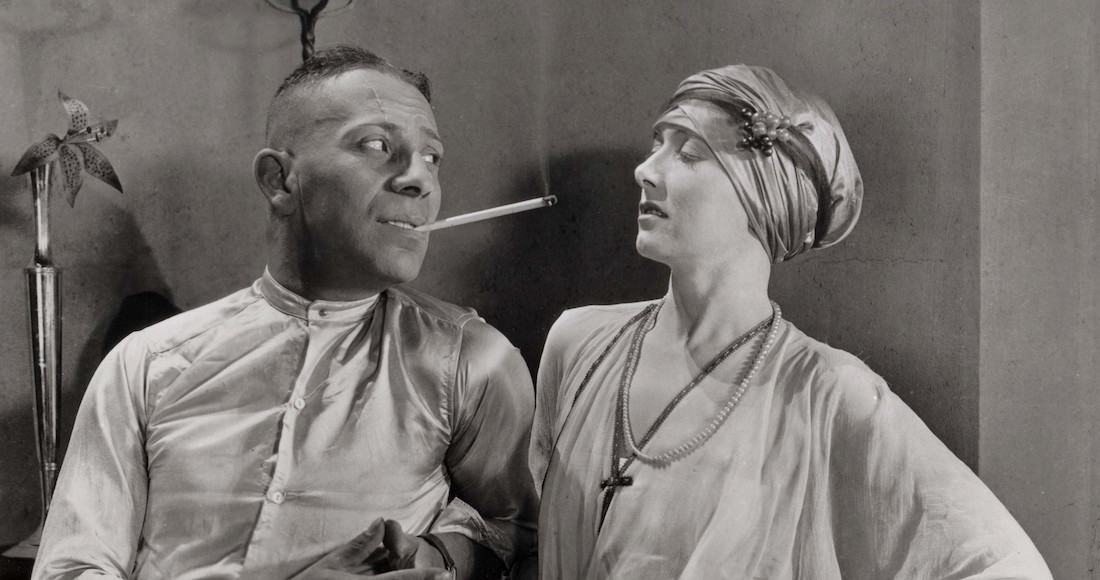
Create the Legend: Erich von Stroheim’s Foolish Wives

Cannes 2021: The Restless, Nitram, Casablanca Beats, France
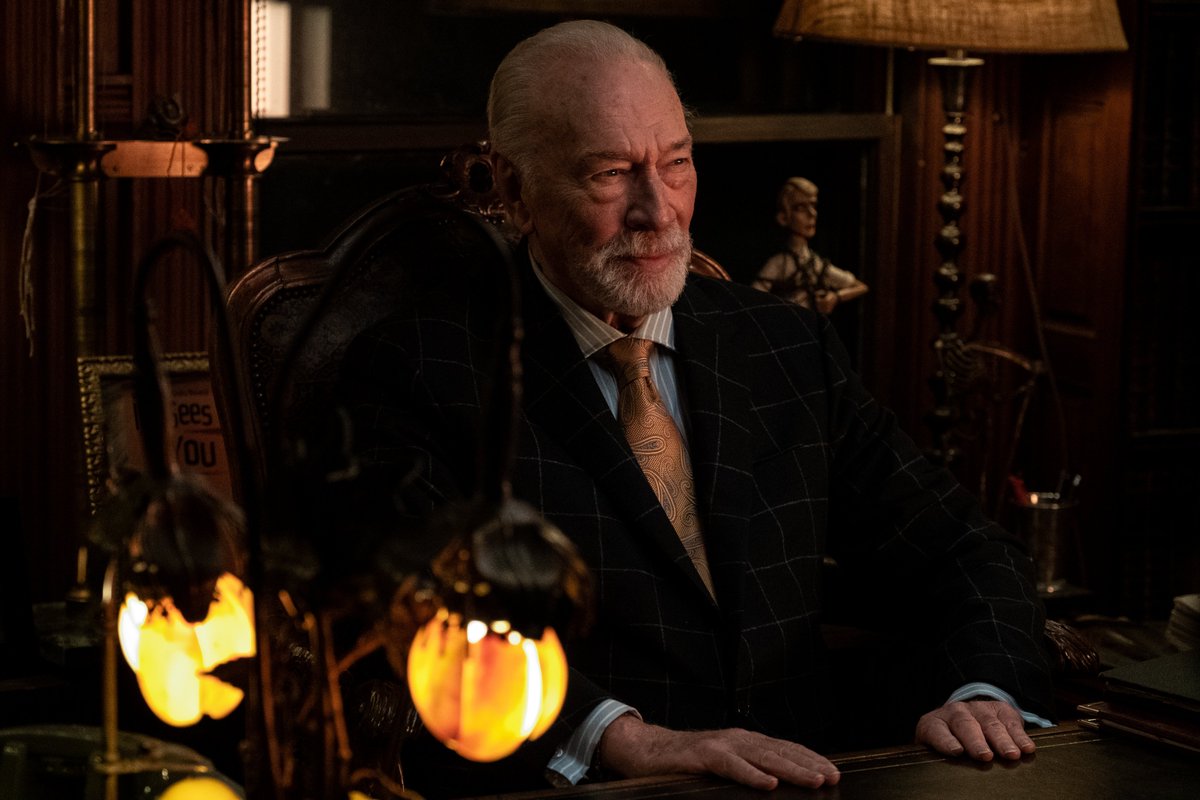
Christopher Plummer: 1929-2021
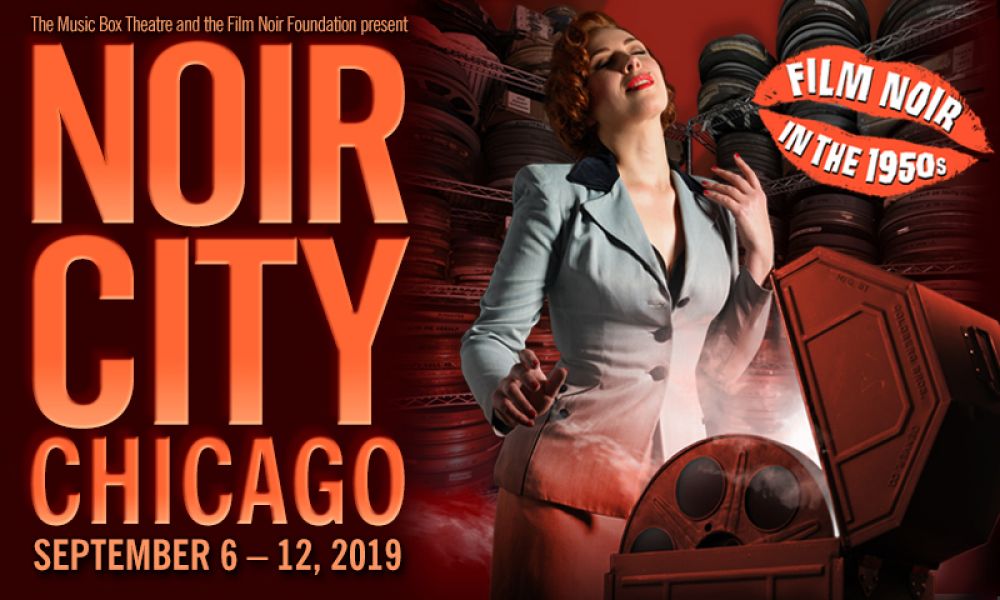
Preview of Noir City Chicago 2019
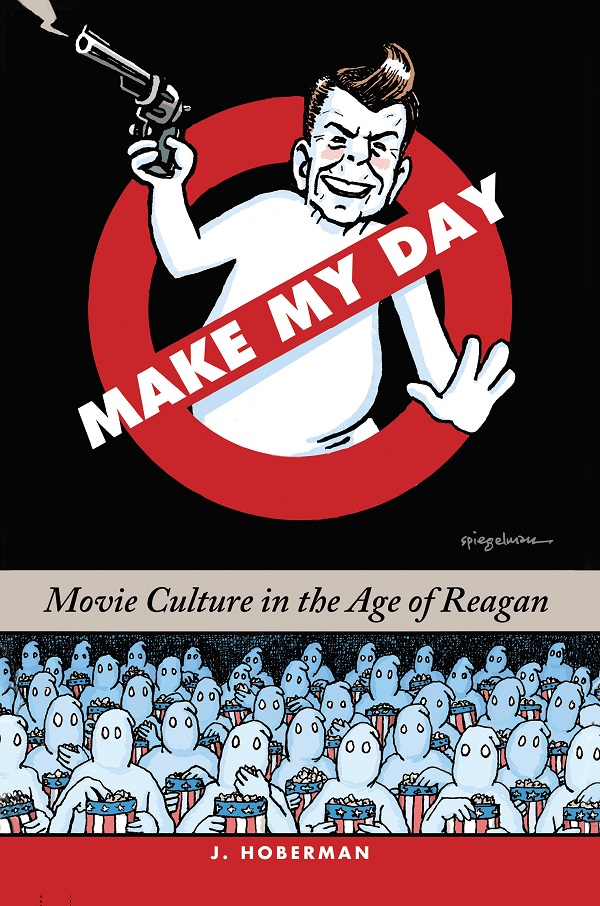
From Blue Velvet to Top Gun: J. Hoberman on Movie Culture in the Reagan Era
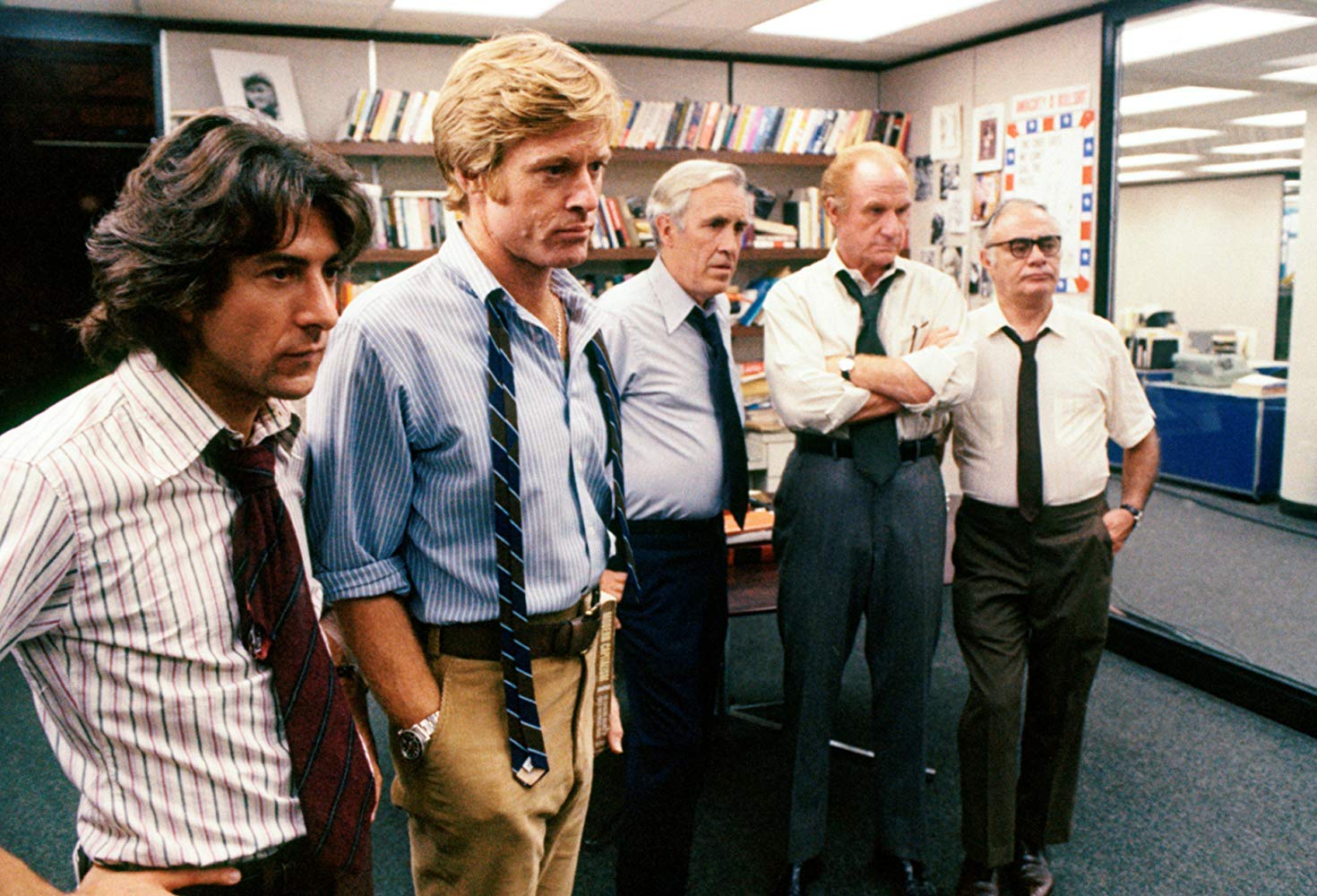
The Best Current Source for Streaming Classic Movies is … Amazon Prime?
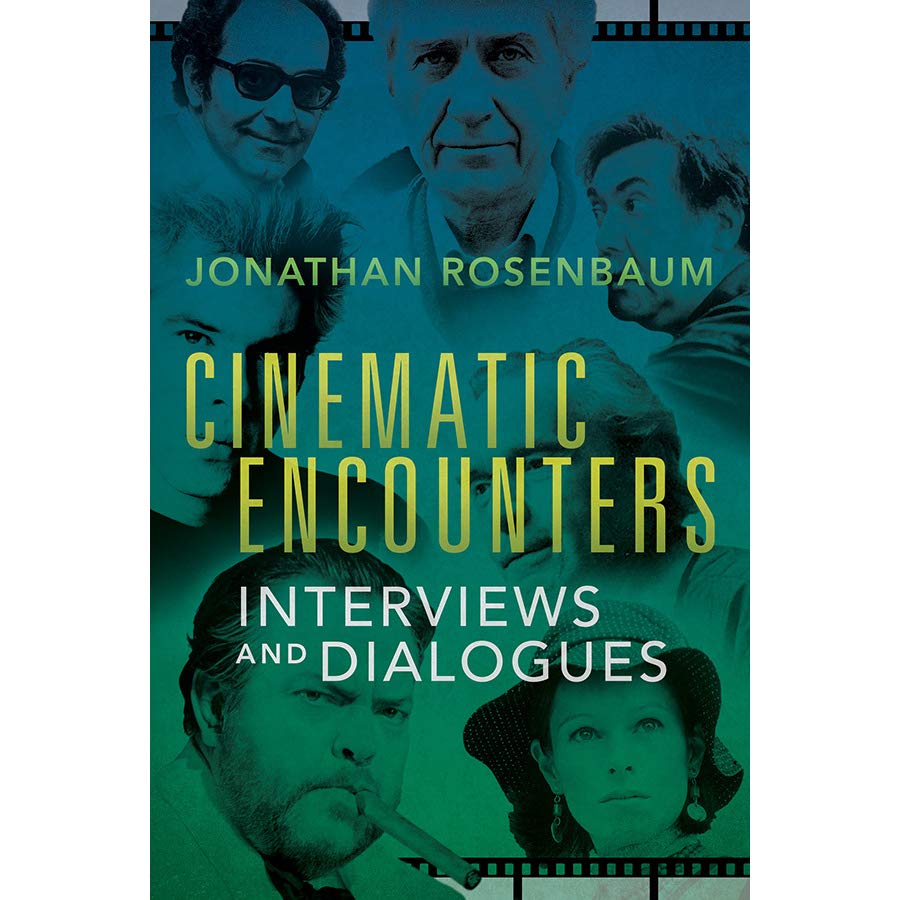
Jonathan Rosenbaum on His New Book Collection, Cinematic Encounters

Loving Her Unconditionally: Jamie Bell on “Film Stars Don’t Die in Liverpool”

Much More than “Star Wars”: The Cinema of ’77 Strikes Back at Film Society of Lincoln Center
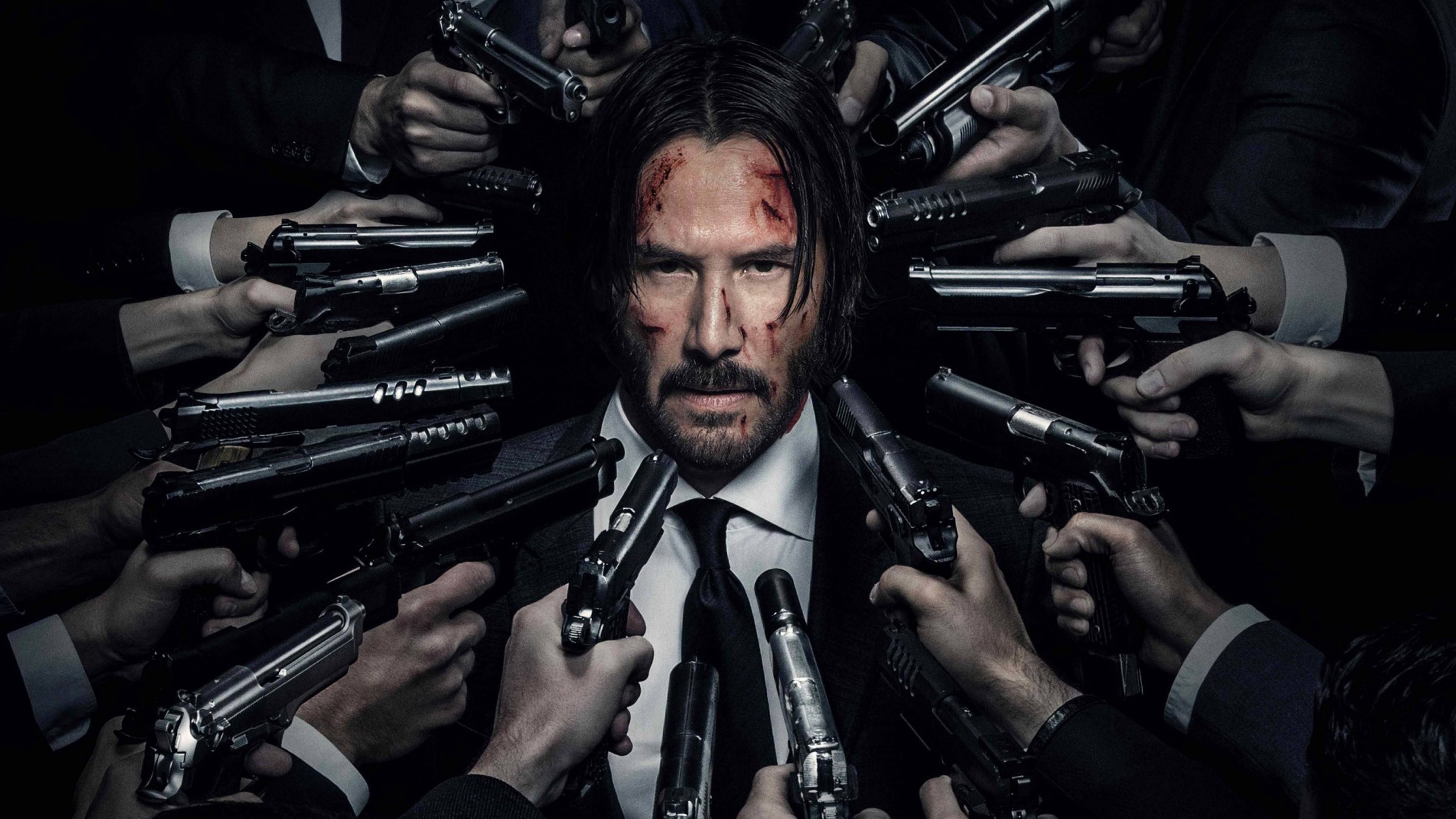
Home Entertainment Consumer Guide: June 22, 2017

Thumbnails 5/12/17
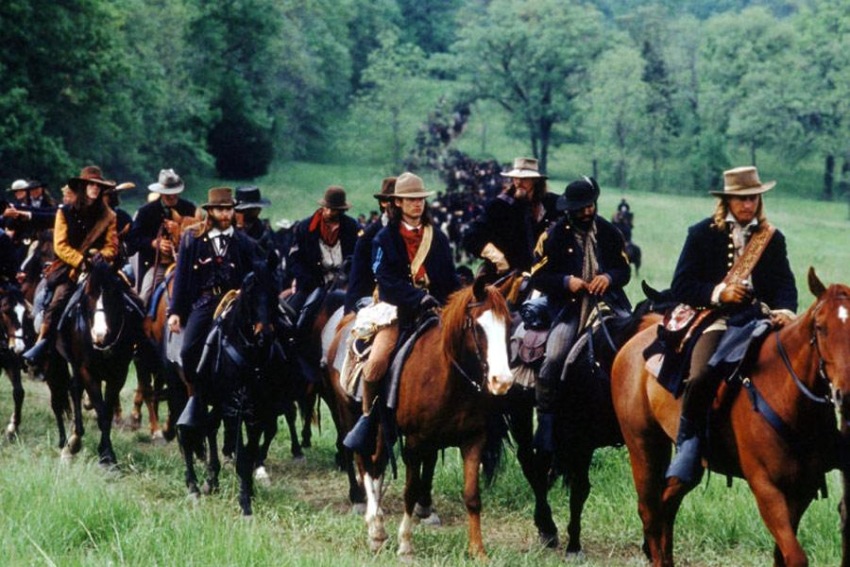
The Unloved, Part 33: Ride with the Devil
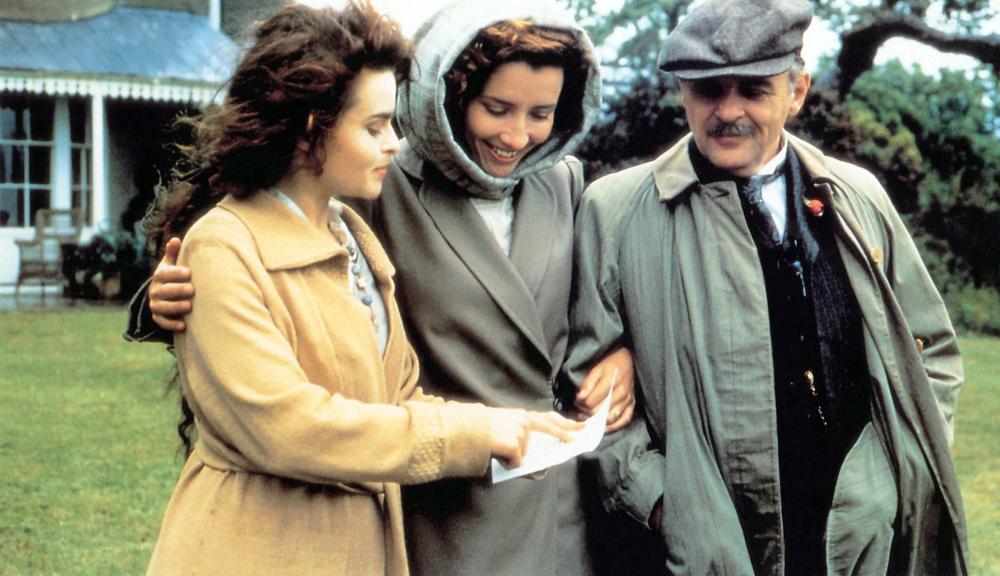
Only connect: James Ivory on “Howards End”
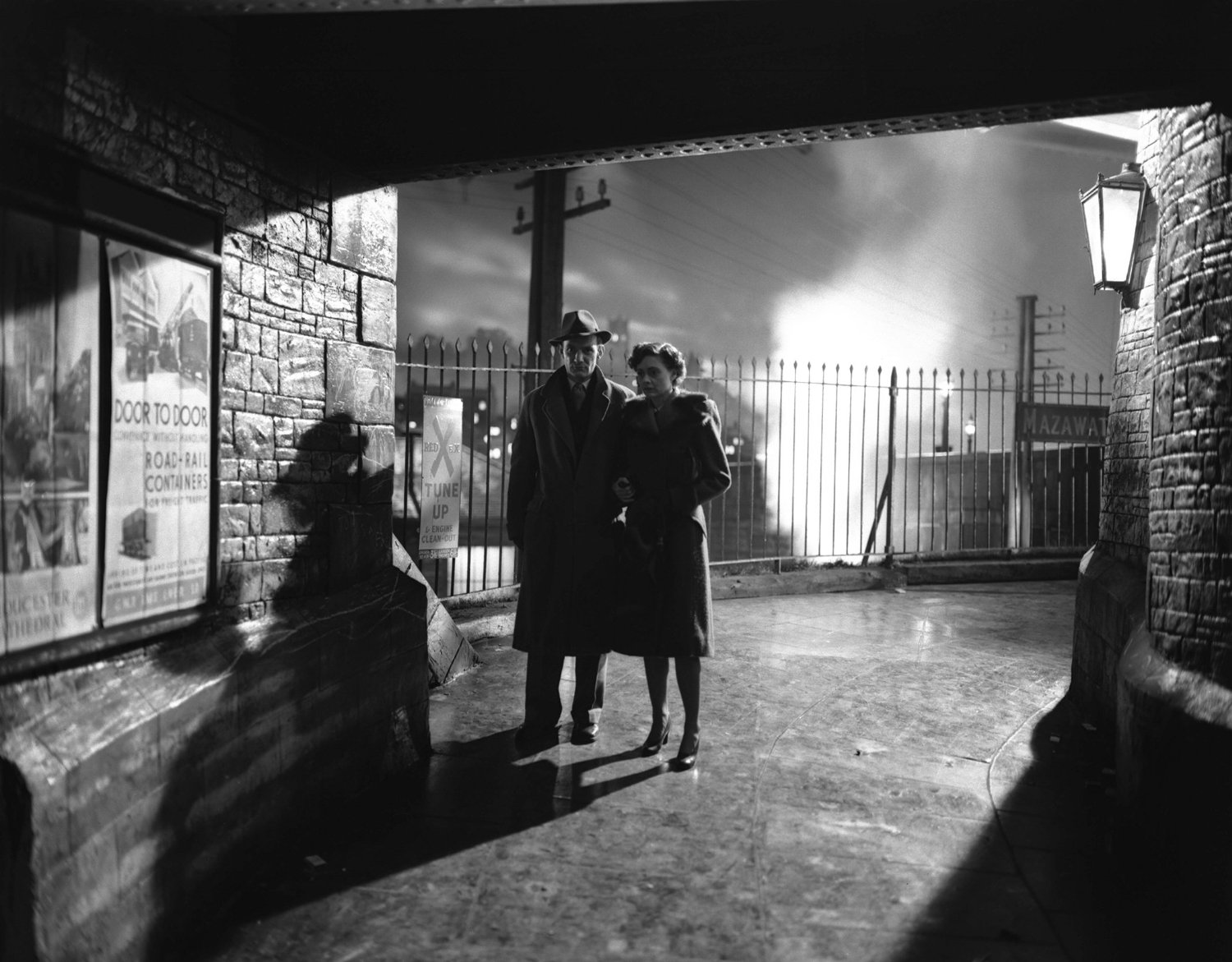
Home Entertainment Consumer Guide: May 12, 2016
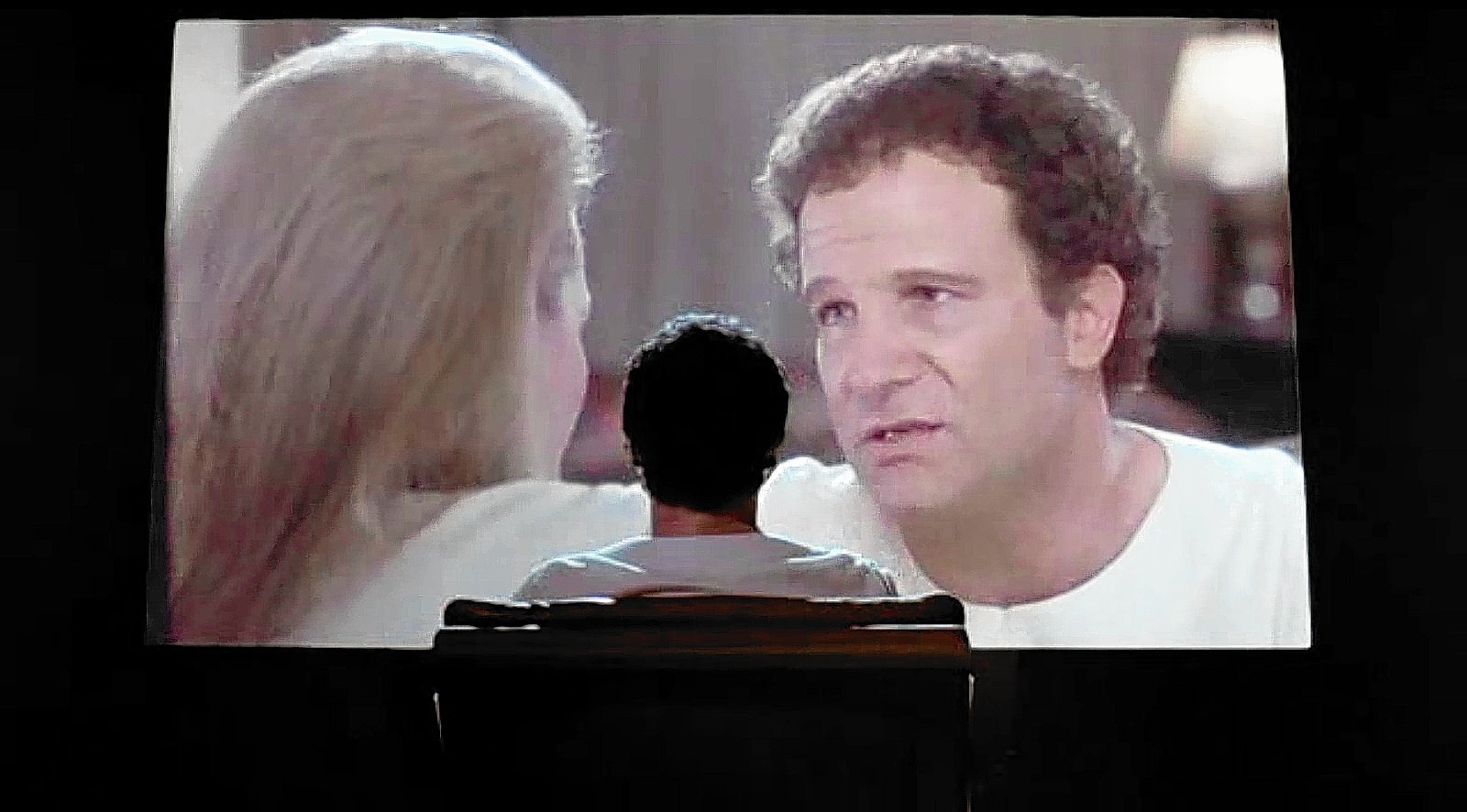
Thumbnails 3/24/16
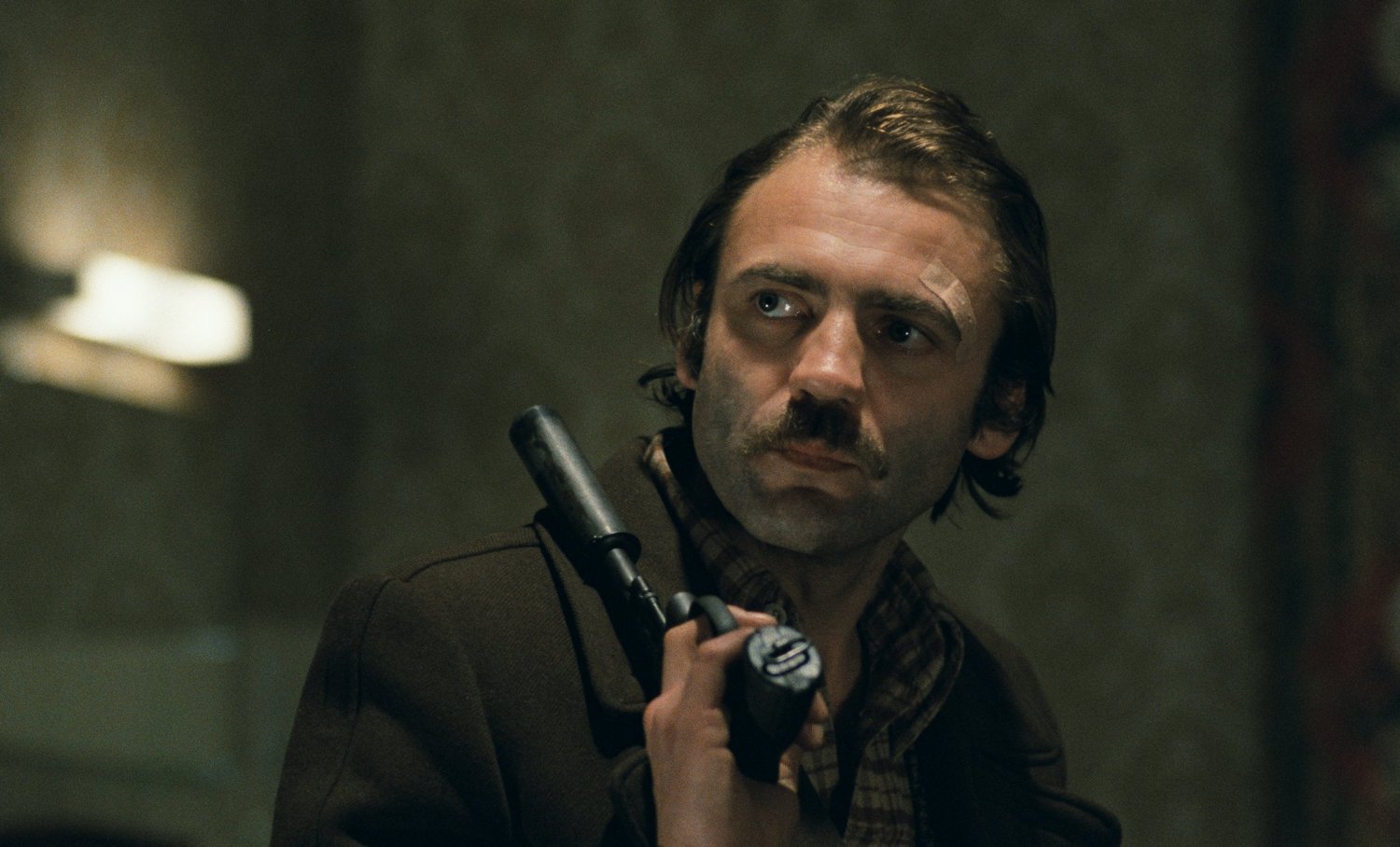
Film Noir For the Baby Boomer Generation: Wim Wenders’ “The American Friend”

Maureen O’Hara: 1920-2015
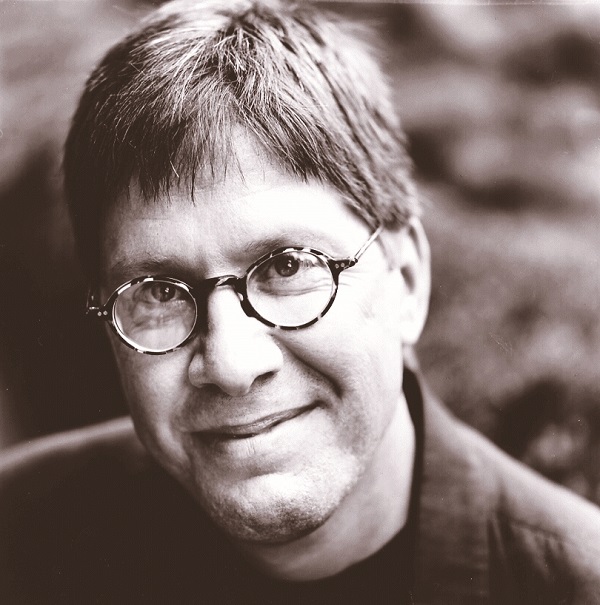
From Clint to Orson: A Conversation with Biographer Patrick McGilligan
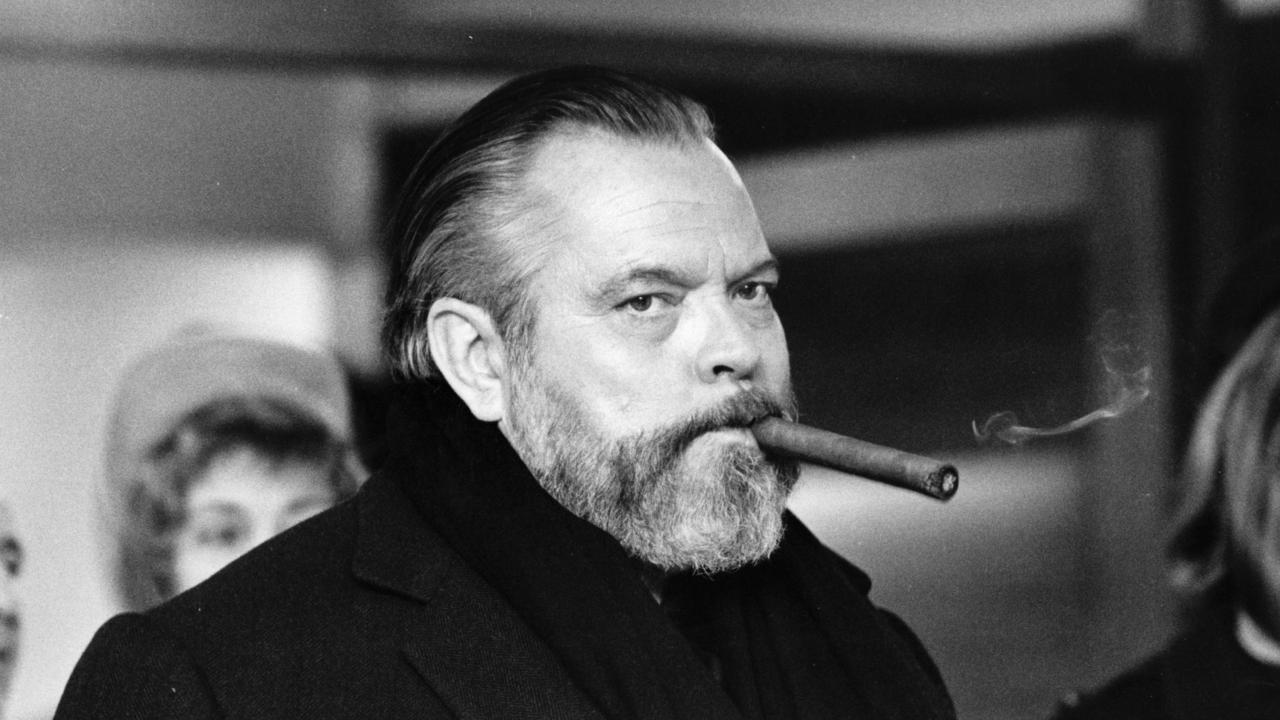
Orson Welles at 100
Book Excerpt: “Mise en scène and Film Style: From Classical Hollywood to New Media Art” by Adrian Martin
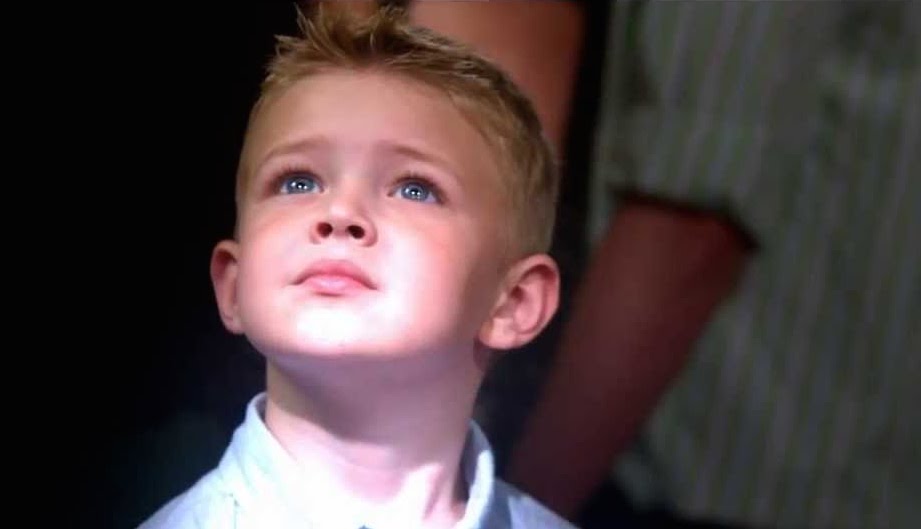
All Are Welcome: Religion at the Movies
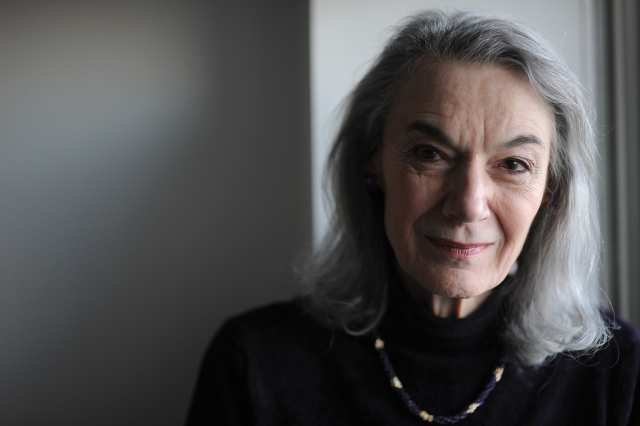
Marian Seldes: 1928-2014
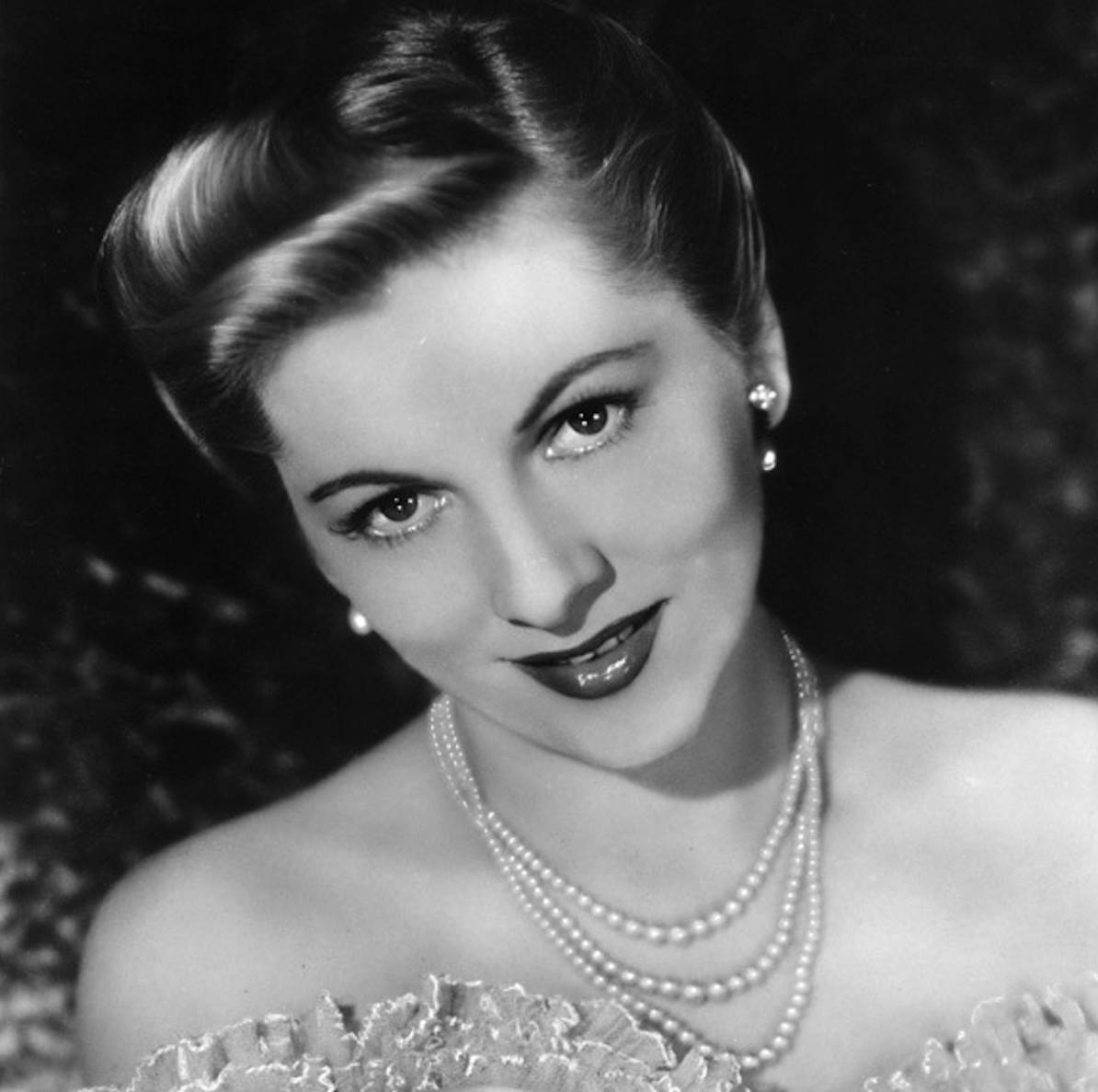
Joan Fontaine: 1917–2013
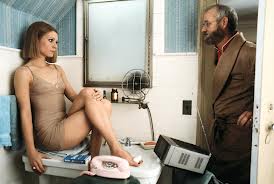
Thumbnails 10/10/2013
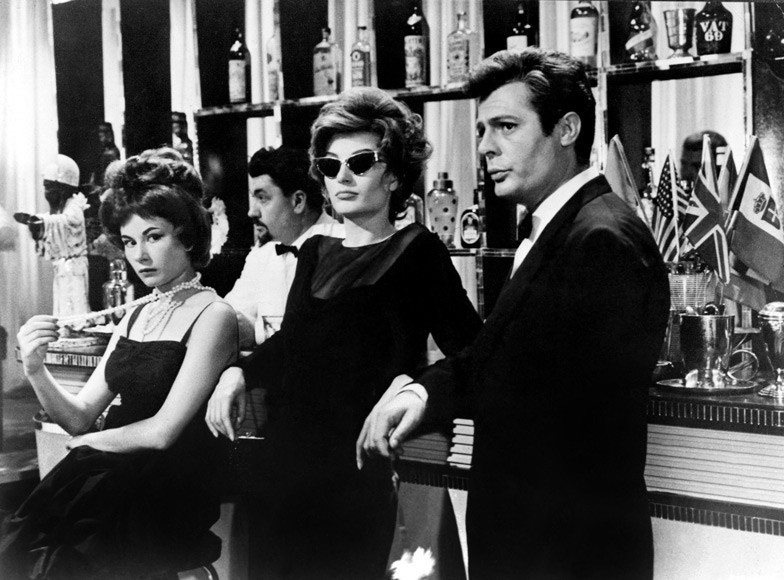
Cannes 1960: A video essay
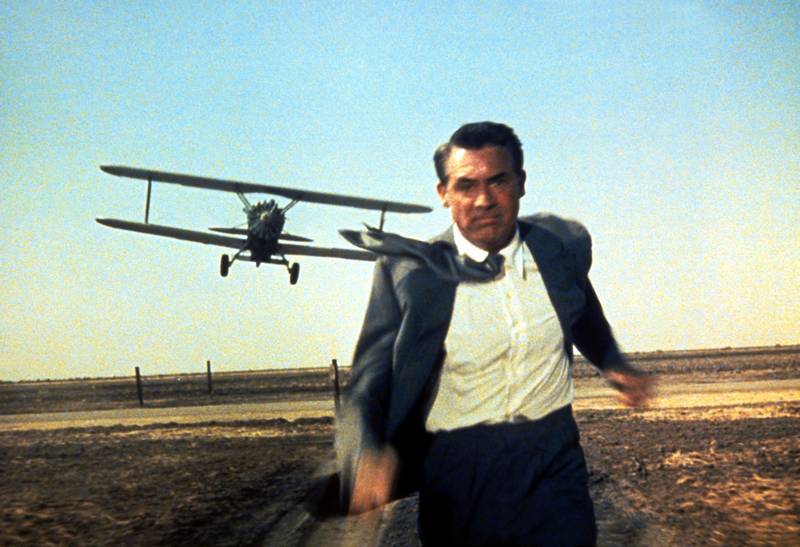
101 102 Movies You Must See Before…

Can one bad shot ruin an entire movie?
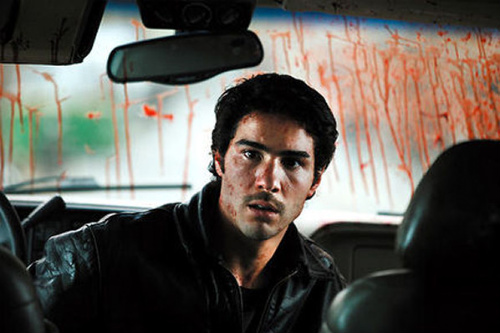
Top secret leakage from my 2010 Muriels ballot!

Armond Joy and the dining room table
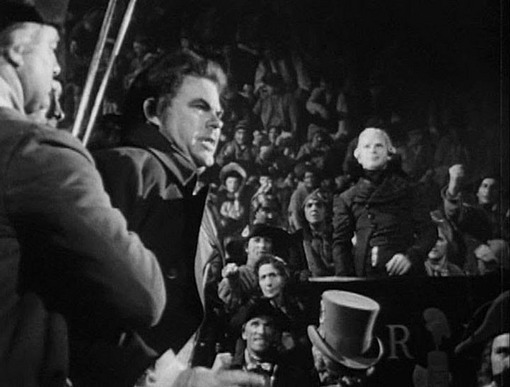
Anthony Mann’s Big Black Book

The best greatest movies ever list
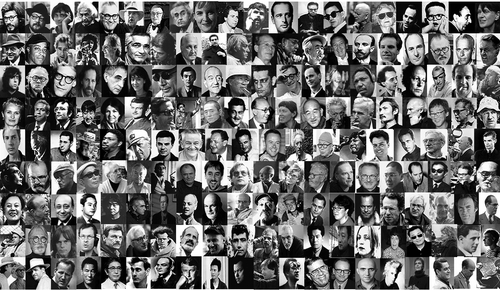
Name That Director!
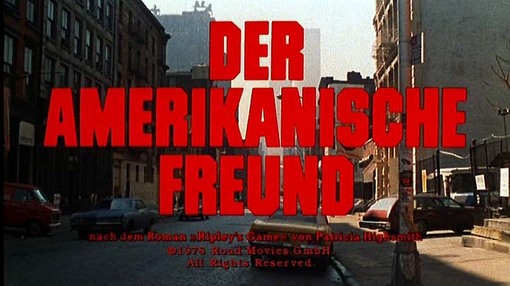
Opening Shots: The American Friend

You better you better you best: The better of the best lists
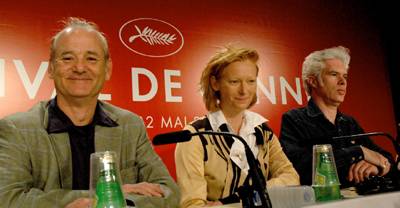
Jarmusch shows ‘the Money’
